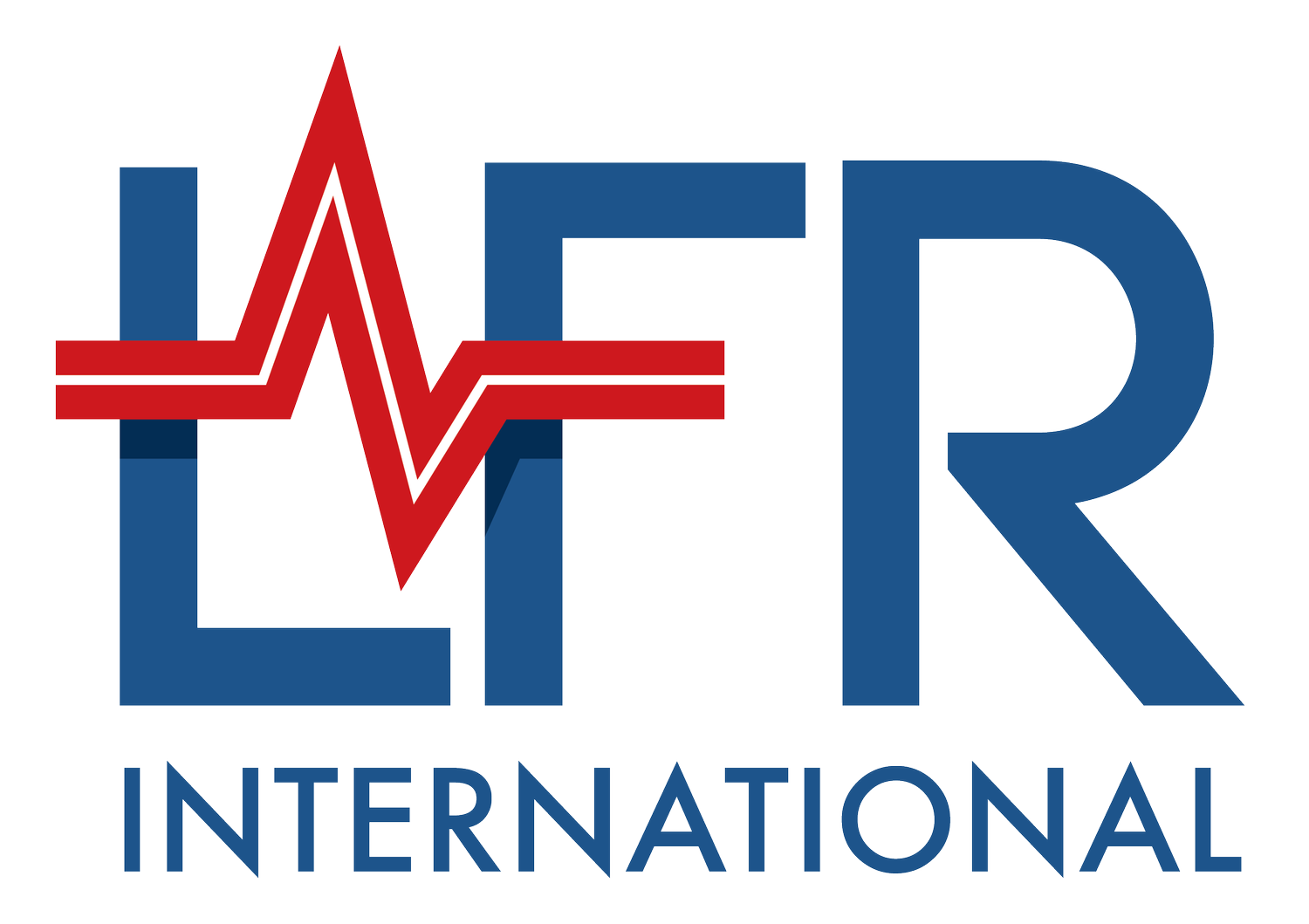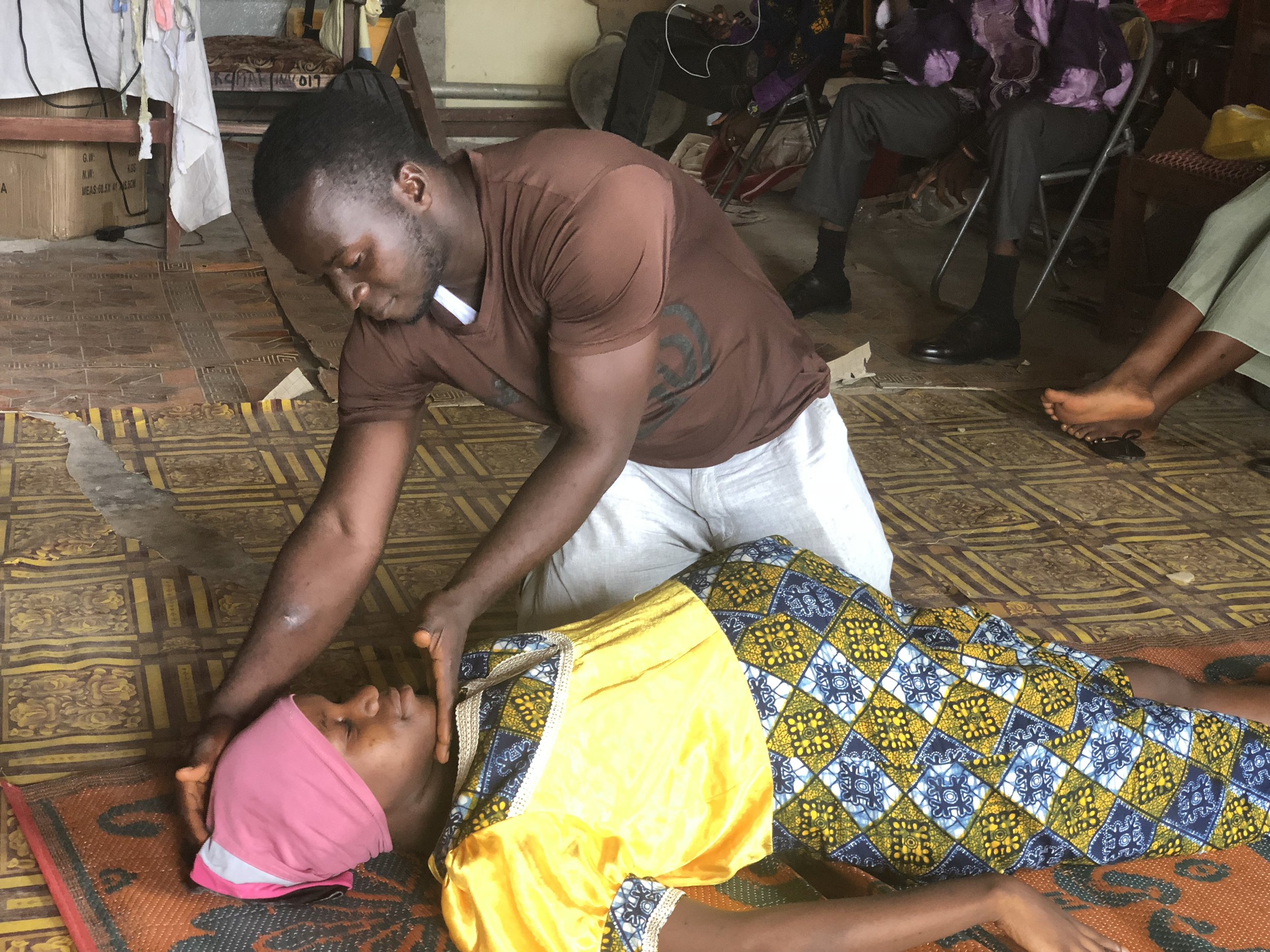Testimonials
To demonstrate the social impact that lay first responder systems have on their local communities, we’ve asked some of our first responders to share their feedback and experiences.
“Because I learnt so much, I was able to save someone’s life with the skills I got from the training.”
“I am able to help others involved in accidents unlike before. I am trusted and respected by those that know about the training I received in first aid.”
“I didn’t know about first aid but now I have the knowledge and confidence to respond to emergencies. I am now a resource in my village and many areas where I ride”
While training as a lay first responder provides the participant with a new set of skills and first aid knowledge, practicing in the field contributes to personal fulfillment as trainees have an ability to help others. In addition, trainees gain confidence post-training and may feel some sense of a change in their public perception as motorcycle taxis, which is often characterized by stigmatization for reckless driving habits.
“I feel comfortable to help people in case they are involved in an accident. I am able to give first aid to all injured people without fear of injuring them further. I attend to them with confidence”
“When I find people in need of first aid, I am able to help and I am not afraid of the blood.”
We are extremely proud of our fellows and volunteer lay first responders. Collaborating and affiliating our work with local partner organizations and NGOs in the low- and middle-income countries in which we work sustains our impact.




